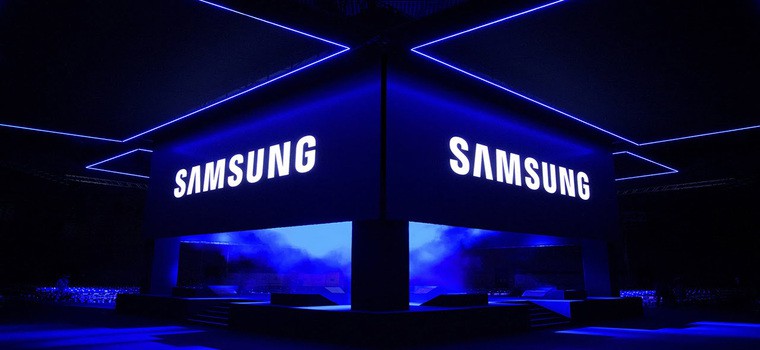
Samsung Electronics secures first 2-nanometre AI chip order from Japan’s Preferred Networks
- The chips will be utilized in Preferred Networks' computing hardware for generative AI technologies.
- Gaonchips Co designed the chips for advanced AI applications.
- The company has not provided details on the size of the order.
Samsung Electronics announced on Tuesday that it has secured an order from Japanese artificial intelligence company Preferred Networks. The order is for the production of AI application chips using Samsung’s advanced 2-nanometre foundry process and chip packaging service.
This marks the first order Samsung has disclosed for its state-of-the-art 2-nanometre chip contract manufacturing process. The company did not provide details on the size of the order.
Where will Preferred Networks utilize Samsung’s chips?
Copy link to sectionThe chips will be utilized in Preferred Networks’ high-performance computing hardware for generative AI technologies, including large language models, according to Junichiro Makino, the company’s vice president and chief technology officer of computing architecture said in a statement.
The chips will be crafted using gate all-around (GAA) architecture, a high-tech design that enhances inter-connection speed and reduces size. This innovation in chip design is critical for advancing AI technologies, particularly in areas requiring substantial computational power like large language models.
Gaonchips Co: The design powerhouse behind the AI chips
Copy link to sectionThe chips, set to transform Preferred Networks’ AI hardware, were designed by South Korea’s Gaonchips Co.
This collaboration highlights the synergy between chip design and manufacturing, ensuring that the final product meets the specific needs of high-performance AI applications. Samsung’s role extends beyond manufacturing; its advanced chip packaging service will integrate multiple chips into one package.
This integration is crucial for improving the efficiency and performance of AI systems, providing a compact solution that enhances speed and reduces physical space requirements.
Implications for the AI and semiconductor industries
Copy link to sectionThis development is significant not only for Samsung and Preferred Networks but also for the broader AI and semiconductor industries.
The adoption of 2-nanometre technology signals a leap forward in chip efficiency and performance, setting a new standard for future AI hardware. As AI applications become increasingly complex and demanding, the need for more powerful and efficient chips will grow.
Samsung’s success in securing this order may pave the way for further contracts, solidifying its position as a leader in the semiconductor market. The company’s ability to deliver cutting-edge technology could attract more AI companies looking for reliable and advanced chip manufacturing solutions.
Strategic importance
Copy link to sectionFor Samsung, this order represents a strategic win, showcasing its technological capabilities and reinforcing its commitment to innovation in semiconductor manufacturing.
The successful implementation of 2-nanometre technology could open up new avenues for growth and partnerships within the tech industry.
Preferred Networks, on the other hand, stands to benefit significantly from this collaboration.
By leveraging Samsung’s advanced technology, the company can enhance its AI hardware, making it more competitive in the rapidly evolving AI landscape. This move could potentially lead to more efficient and powerful AI solutions, bolstering Preferred Networks’ position in the market.
Future prospects
Copy link to sectionThe collaboration between Samsung and Preferred Networks highlights the importance of technological advancements in meeting the growing demands of AI applications. As AI continues to evolve, the need for more sophisticated and efficient hardware becomes paramount.
This partnership sets a precedent for future collaborations between chip manufacturers and AI companies, driving innovation and progress in both fields.
Samsung’s 2-nanometre chips could become a cornerstone for future AI technologies, enabling more complex and capable AI systems. As the semiconductor industry continues to innovate, the integration of
More industry news







